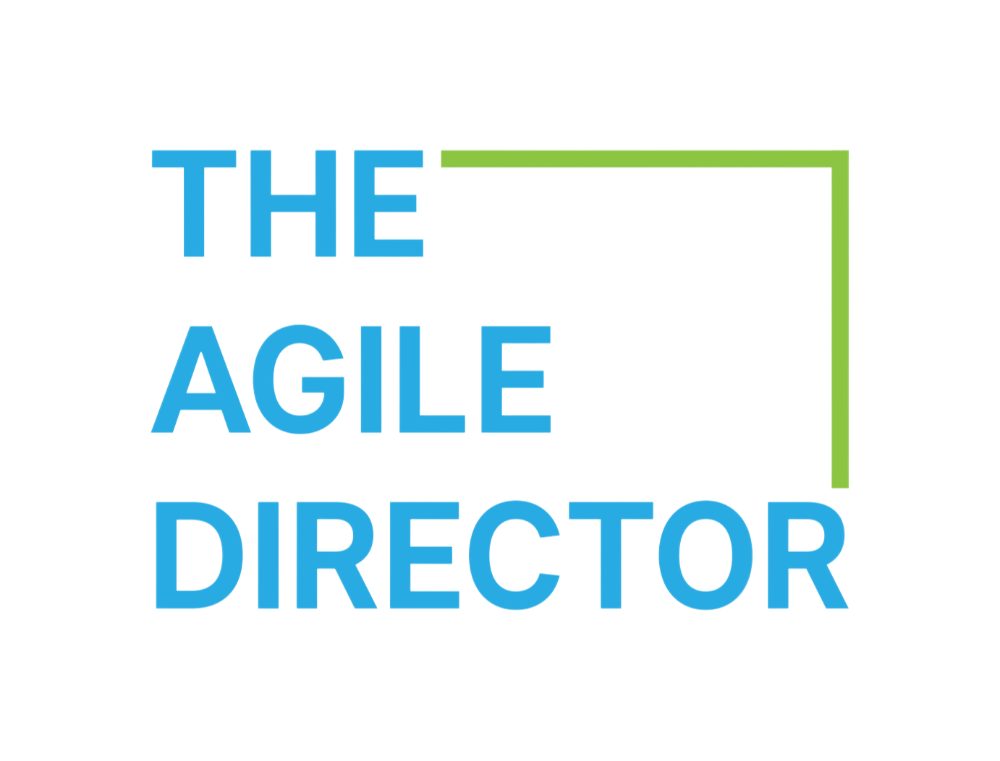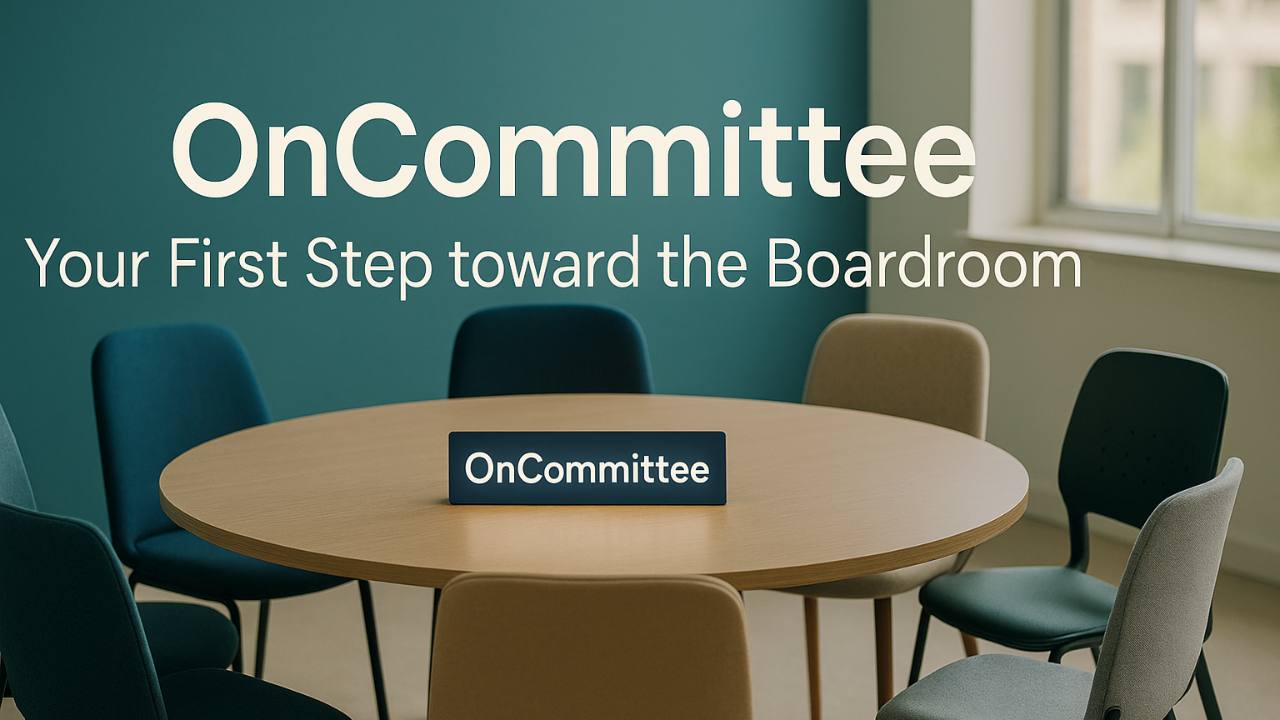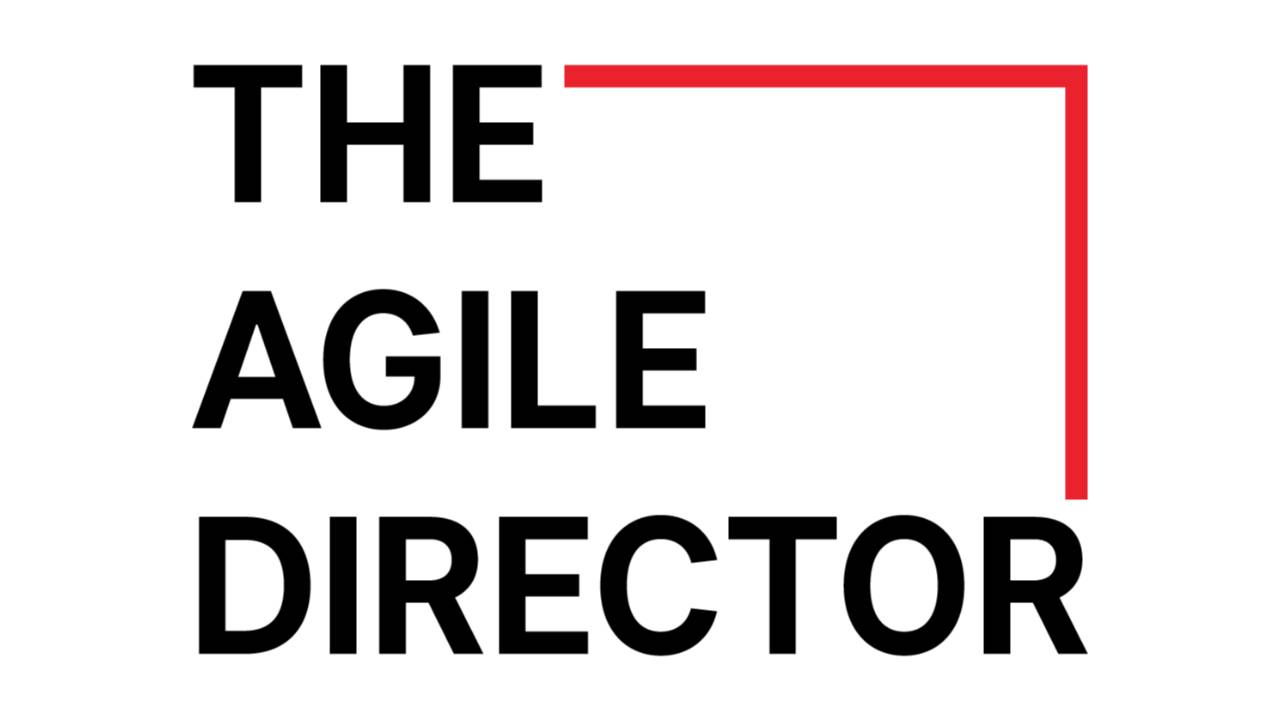Categories
advisory board aspiring director authentic leadership blueprint board leadership board readiness board reflection boards civic culture corporate responsibility crisis leadership culture democracy director development director pathways director responsibilities ethical governance ethical leadership future of boards future of work governace governance governance training governance trends governex innovation integrity leadership oncommittee organisational culture social contract social license stakeholder strategy start-ups the agile director💬 Rethinking the Corporate Social Contract: Governance in a More Human Era
As workplaces evolve and expectations on business grow, we find ourselves revisiting a fundamental question: What is the corporate social contract—and is it time to redefine it?
Far from a new concept, the corporate social contract speaks to the implicit agreement between business and society. It’s about the permission companies are granted to operate, based on an understanding that they will act responsibly, ethically, and in alignment with community values. But in the wake of COVID-19, shifting economic realities, and rising public expectations, many are questioning whether this contract is still fit for purpose.
What emerges is a compelling call for boards and executives to not just reframe their governance practices—but to reconnect with the purpose and promise at the heart of enterprise.
🧭 Governance Beyond Compliance
At its core, governance is not about ticking boxes. It’s about stewardship. Boards are stewards not just of strategy and risk, but of reputation, relationships, and societal impact.
Yet, our current governance frameworks still largely prioritise not doing harm over doing good. Too often, compliance has become a substitute for conscience. And while directors are legally obligated to act in the best interests of the company, those interests extend far beyond shareholder returns.
A narrow focus on profit has led to failures that stretch from environmental damage to systemic underpayment. As recent Royal Commissions have revealed, the fallout of neglecting the broader stakeholder ecosystem is not theoretical—it is real, and reputationally costly.
🔍 From Shareholder to Stakeholder: A Shift Remembered, Not Invented
Some frame stakeholder capitalism as a revolutionary shift—but in truth, it’s a return.
Adam Smith, the intellectual father of capitalism, is often quoted for his advocacy of markets—but less often for his deep moral philosophy. In The Theory of Moral Sentiments, Smith acknowledged a truth modern governance seems to forget: “There are principles in our nature which interest us in the fortune of others.”
The idea that companies must act in the interests of customers, employees, communities, and the environment is not radical. It’s foundational. The challenge today lies in making this perspective practical, consistent, and embedded.
🗣️ Reimagining the Boardroom as a Forum for Purpose
So, how do boards operationalise this broader contract?
One answer may lie in how directors engage with the people their decisions affect. While boards hold fiduciary power, they often operate at a remove from the communities they serve. If directors are to act as guardians of purpose, they must create more meaningful ways to listen, engage, and respond.
We don’t currently have strong, formalised forums for this kind of dialogue. Parliaments and public discourse are increasingly polarised. Social media, while loud, is rarely reflective. What might it look like for a board to lead a structured, values-based conversation with its ecosystem?
It could begin with a simple but powerful idea: negotiating a social contract.
🤝 Promises Worth Keeping: A New Contract Culture
What if organisations treated their relationships—internal and external—not as transactions, but as agreements grounded in shared values?
Imagine boards, executives, and employees discussing not just KPIs and performance, but purpose. Imagine suppliers being seen not as cost centres, but as value contributors. Imagine contracts that included promises not just to deliver, but to operate fairly, respectfully, and with integrity.
This isn’t about idealism. It’s about alignment. When people feel heard, valued, and respected, performance improves. When contracts are built on trust, rather than fear of failure or penalty, relationships become more resilient.
As one governance expert put it, “two people can do exactly the same thing with different intent—and the outcome will be fundamentally different.” Intent matters. And so does the process of promise-making.
🏛 Are Our Structures Ready?
This is where governance gets hard.
For all our conversation about intent, empathy, and promise, we must ask: are current governance structures equipped to support this shift?
In many cases, no. Most organisations lack the mechanisms to meaningfully engage across stakeholder groups. Structures still reflect old paradigms—top-down control, minimal transparency, minimal collaboration. Boards rarely seek feedback from those beyond the executive.
To embrace a broader social contract, we need new systems. Systems that allow dialogue, reciprocity, and trust-building. That allow organisations to operate at the speed of change—without sacrificing integrity.
And it starts with a mindset shift: from scarcity and self-preservation to generosity and mutuality.
🧩 What's Next for Directors?
Directors are uniquely placed to lead this evolution. But the question is no longer just "What must we do to remain compliant?" It’s also:
“What promises are we willing to make—and keep—to those we serve?”
From customers and employees to partners and communities, organisations that step forward with humility, fairness, and purpose will lead in a way that resonates—not just economically, but socially.
The call to action is not one of dramatic overhaul, but of incremental courage. Directors can begin by identifying one stakeholder group—employees, perhaps, or suppliers—and asking:
-
What value do they bring?
-
What promises have we made, implicitly or explicitly?
-
What forum exists to revisit and renew those promises?
From this, a more modern, more human form of governance can begin to emerge.
🧠 Final Reflection
At The Agile Director, we believe governance isn’t about control—it’s about connection. The organisations that will thrive tomorrow are those acting with clear intent today: not just to succeed, but to contribute meaningfully.
And that begins with a conversation.
We encourage our readers to take this discussion into their own boardrooms. Ask: Who are we making promises to? Are we keeping them? And what would it mean to make those promises explicit?
Let us know your thoughts. You can connect with us via LinkedIn or reply to this newsletter. We’d love to hear how you’re thinking about governance, contracts, and your evolving social license to operate.
Until next time,
The Agile Director







